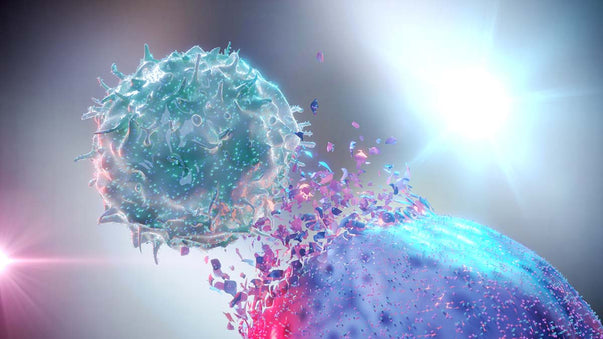Machine Learning in Solid State Quantum Matter

Researchers led by Rutgers University have found that learning - a universal feature of intelligence in living beings - can be mimicked in solid state matter. This is a discovery that could inspire new algorithms for Artificial Intelligence (AI). And that may enable advances in human enhancement.
A research paper is published in PNAS. It indicates that materials with highly tunable electronic structures, and a dynamic response to environmental stimuli, could be particularly suited for neuromorphic devices. Such devices work like the human brain.
The researchers studied how the electrical conductivity of nickel oxide, a special type of insulating material, responded when its environment was changed repeatedly over various time intervals. Nickel oxide is a Mott insulator with properties that are strongly dependent on quantum effects. And it can become a conductor in appropriate conditions.
"The goal was to find a material whose electrical conductivity can be tuned by modulating the concentration of atomic defects with external stimuli such as oxygen, ozone and light," says researcher Subhasish Mandal in a press release issued by Rutgers University. "We studied how this material behaves when we dope the system with oxygen or hydrogen, and most importantly, how the external stimulation changes the material's electronic properties."
Habituation and sensitization, defined respectively as ignoring frequent stimuli and overreacting to a stimulus in presence of another, are fundamental forms of learning and adaptation in biological organisms. In the PNAS paper, the researchers demonstrate these universal learning characteristics in an inorganic system of binary nickel oxide under different environmental stimuli. Electronic plasticity is maintained by driving the system out of equilibrium and modulating defect concentration in dynamic environments.
"The most interesting part of our results is that it demonstrates universal learning characteristics such as habituation and sensitization that we generally find in living species," adds Mandal. "These material characteristics in turn can inspire new algorithms for artificial intelligence. Much as collective motion of birds or fish have inspired AI, we believe collective behavior of electrons in a quantum solid can do the same in the future.”
I think this is an important result because it shows that the biological brain is but one of a wider class of physical systems that can learn. If a quantum cloud of electrons in a solid can learn how to solve problems for AI applications, it could also provide a model for human learning and thinking. Besides machine learning and AI, it seems plausible to me that learning matter could be used in next-generation brain interfaces and implants, able to interface with biological neurons better than today’s electronics.
"The growing field of AI requires hardware that can host adaptive memory properties beyond what is used in today's computers," concludes Mandal. "We find that nickel oxide insulators, which historically have been restricted to academic pursuits, might be interesting candidates to be tested in future for brain-inspired computers and robotics."
More Articles
Don't miss a beat! In our Pulse Newsletter, Thrivous curates the most important news on health science and human enhancement, so you can stay informed without wasting time on hype and trivia. It's part of the free Thrivous newsletter. Subscribe now to receive email about human enhancement, nootropics, and geroprotectors, as well as company news and deals.
Read more articles at Thrivous, the human enhancement company. You can browse recent articles in Thrivous Views. See other Pulse Newsletter articles. Or check out an article below.
-
Omega 3 Reduces Exercise-Induced Muscle Damage
Researchers have suggested that Omega 3 supplements may reduce exercise-induced muscle damage. This is due to the anti-inflammatory properties of ...
-
How Cancer Cells Evade the Immune System
Researchers at Howard Hughes Medical Institute have discovered that many genes linked to human cancer block the body's natural defense ...


